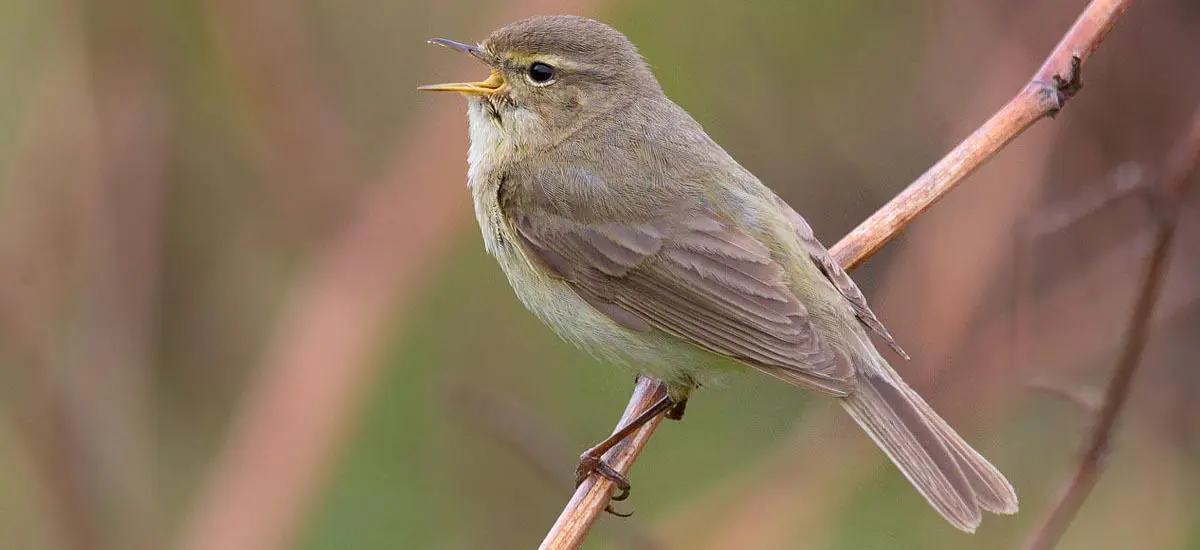It's Not Just Cuckoos That Fly South For The Winter
Autumn is one of the busiest times of year for many wild birds as they fly to warmer climates where they are guaranteed a plentiful supply of food. Although we lose many of our summer visitors including Swallows, House Martins, Warblers and Flycatchers, their place in the garden will soon be taken up by birds flying in from Scandinavia, Russia or even further a field.
Many summer birds leave us, but because of climate change we are now seeing an increasing number of Chiffchaffs remaining here during the winter. They can often be found in local areas such as sewage treatment works, which provide warmth and shelter and also insects on tap!
Similarly Blackcaps are not all summer breeding birds. Ringing data has shown that some have been bred in much colder climates such as Germany and East Europe and they migrate to the warmer climes of the UK in the winter.

A Blackcap
There is more food available here during winter than in the frozen North, but we can also do our bit to help those birds that are visiting us during the colder months, especially if the winter is as hard as last year. Putting out good quality seed and suet based products, we are not only helping to keep them fit and healthy, but it will attract many birds not normally seen in the garden.
If you’re lucky you may well be rewarded by a visit from thrushes like Redwing and Fieldfares, or finches such as Brambling, Redpoll and Siskins. You may even attract more unusual birds such as Goldcrests and Firecrests that flock to the UK from Northern and Central Europe. These tiny birds migrate across the North Sea and when the weather is particularly bad, they use the oilrigs and ships to rest during their journey.
Occasionally we become the winter residence to some spectacular migratory birds like Waxwings that descend upon us in great numbers because of limited food resources in Europe. In a “Waxwing Winter” (such as in 2012), the birds scour the countryside for the last of the wild fruits, and then move into the towns to feast upon the berry-bearing bushes

